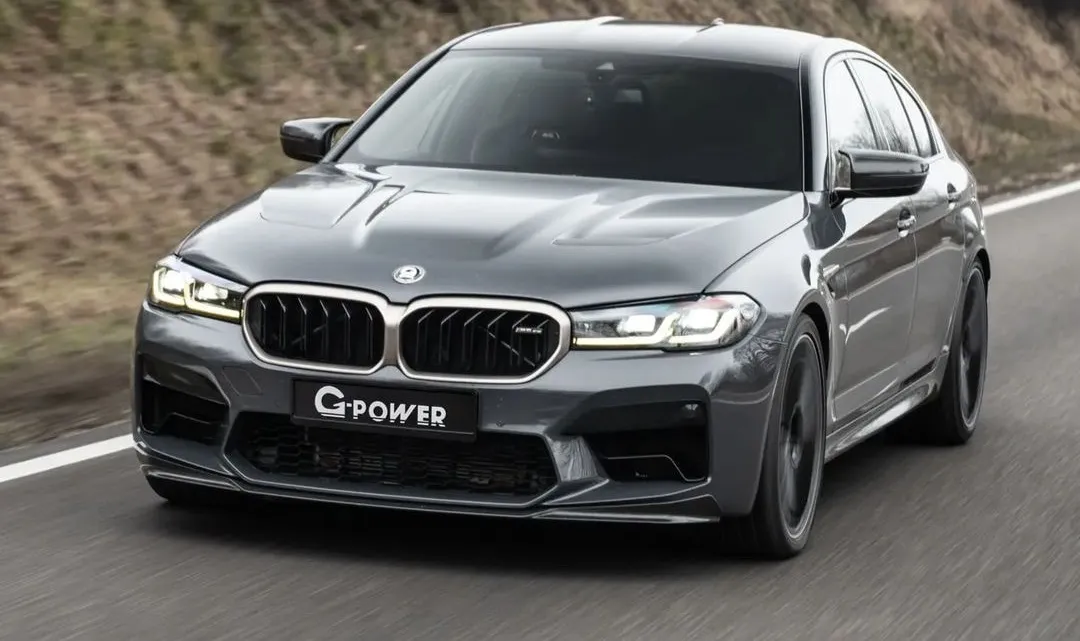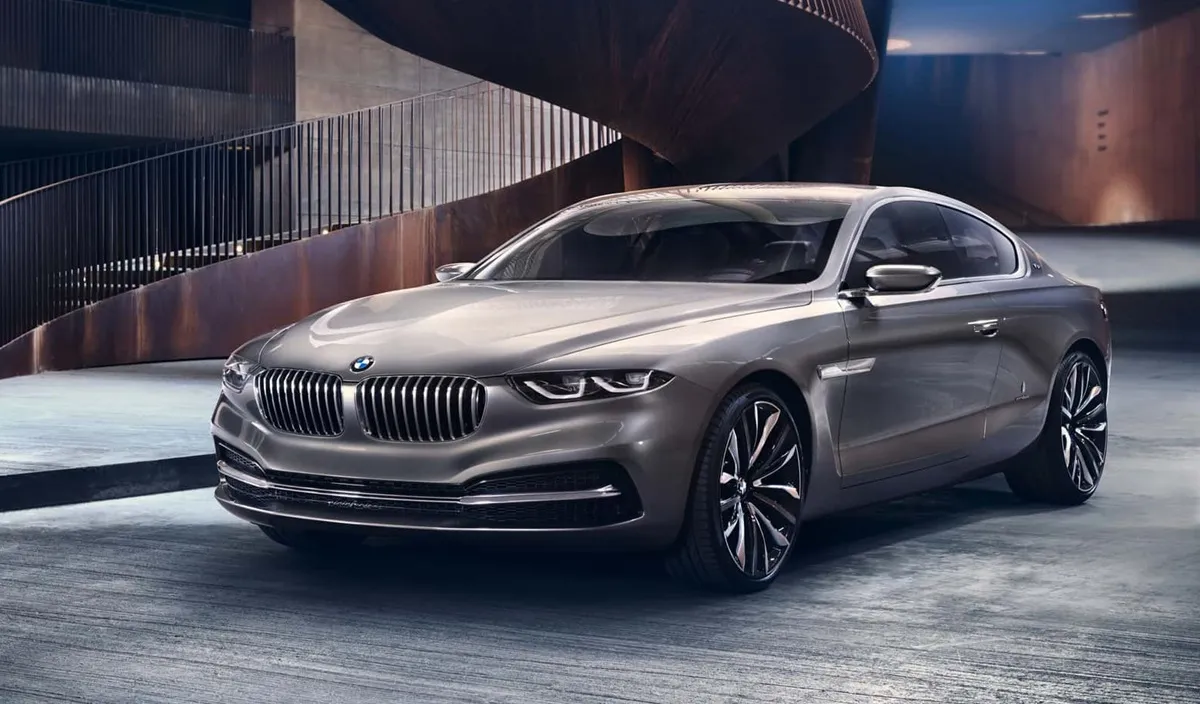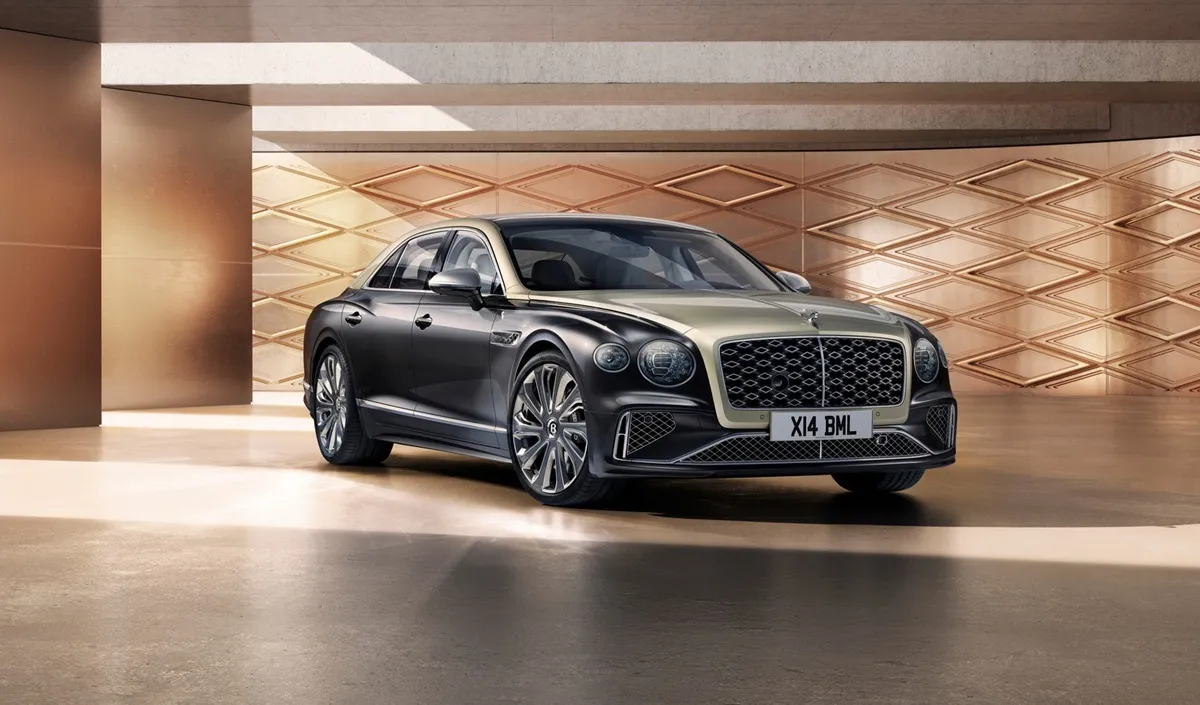
Toyota plans to open a factory in Shanghai around 2027 to build next-generation Lexus EVs. The new manufacturing facility will serve an important role in Toyota’s planned Chinese expansion as it aims to double local production by the decade’s end.
The Japanese carmaker will be alone in building this new Chinese plant, rather than through a joint venture, like its existing FAW Toyota or GAC Toyota businesses.
This could make it the first Japanese carmaker to have a plant in China, underlining the importance of the world’s largest car market.
While details about the factory are few and far between, Nikkei Asia notes that Lexus wants 100% of its global sales to come from EVs by 2035 and is aiming to sell 1 million EVs by 2030.
The brand sold roughly 180,000 vehicles in China last year and whereas most other Western carmakers have struggled through 2024, Lexus sales were up 3% from last year.
Prior to 2018, foreign carmakers wanting to establish manufacturing sites in China had to partner with a local firm.
However, brands can now enter the market without a joint venture. Building a plant in China will help Toyota benefit from the cheap, skilled, and efficient local labor force needed to manufacture EVs.
Nikkei Asia did not specify which Lexus EVs will be built at the Shanghai plant but it could be the production versions of the LF-ZC and LF-ZL concepts.
The two new models are underpinned by a next-generation EV architecture featuring gigacasted modular front, center, and rear portions.
By using structurally independent front and rear sections, Lexus will be able to integrate new and improved batteries when they become available.
The launch of these new models has been pushed back from 2026 to 2027, which lines up nicely with the planned opening of the Chinese site.



